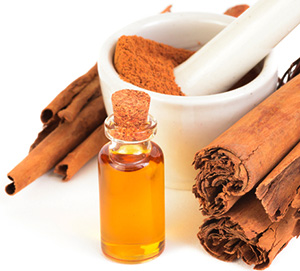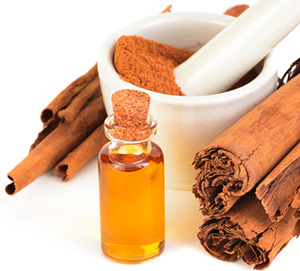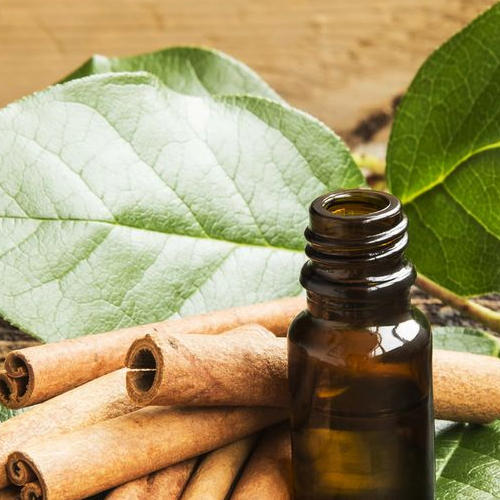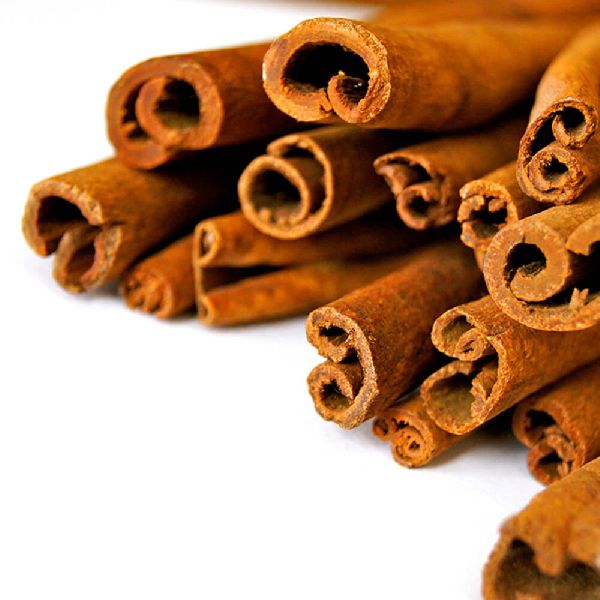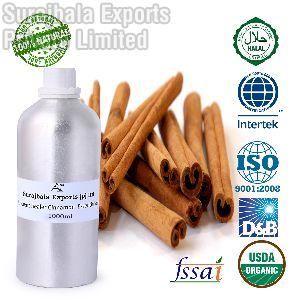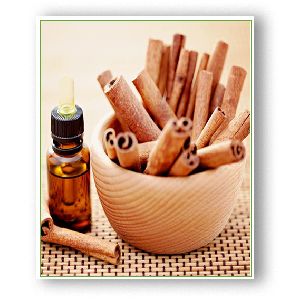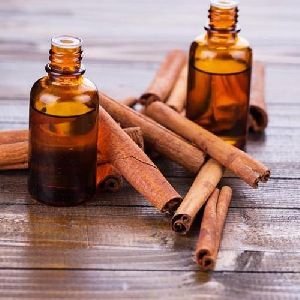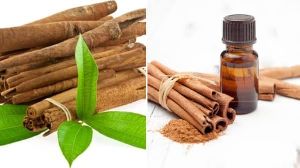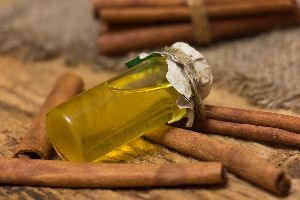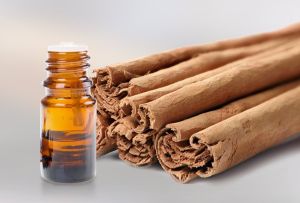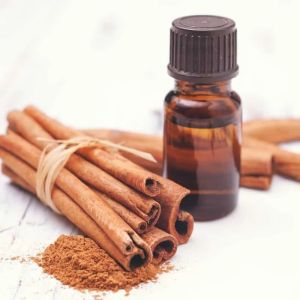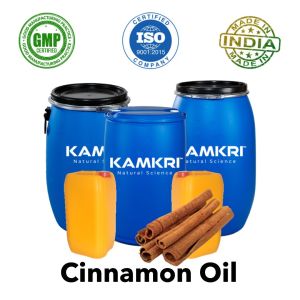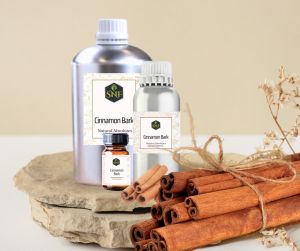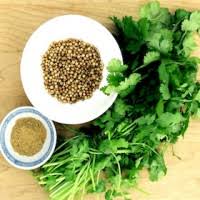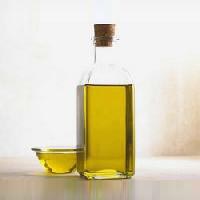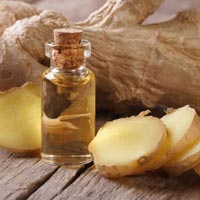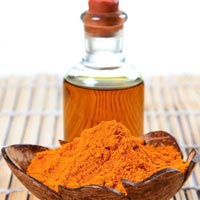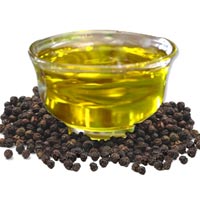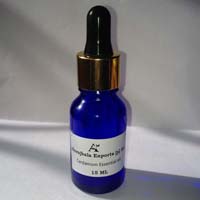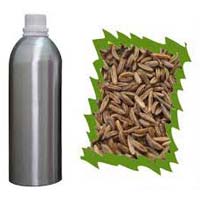Listing ID #5053995
Company Information
Ask for more detail from the seller
Contact SupplierD.S. Cinnamon bark oil Uses
Cinnamon bark oil (Cinnamomum verum) is derived from the plant of the species name Laurus cinnamomum and belongs to the Lauraceae botanical family. Native to parts of South Asia, today cinnamon plants are grown across different nations throughout Asia and shipped around the world in the form of cinnamon essential oil or cinnamon spice. It’s believed that today over 100 varieties of cinnamon are grown worldwide, but two types are definitely the most popular: Ceylon cinnamon and Chinese cinnamon.
Browse through any essential oils guide, and you’ll notice some common names like cinnamon oil, orange oil, lemon essential oil and lavender oil. But what makes essential oils different than ground or whole herbs is their potency. Cinnamon oil is a highly concentrated source of beneficial antioxidants. (1)
Cinnamon has a very long, interesting background; in fact, many people consider it one of the longest-existing spices in human history. Cinnamon was highly valued by ancient Egyptians and has been used by Chinese and Ayurvedic medicine practitioners in Asia for thousands of years to help heal everything from depression to weight gain. Whether in extract, liquor, tea or herb form, cinnamon has provided people relief for centuries.
Benefits of Cinnamon Oil
Some of the most researched health benefits of cinnamon oil include :
10 Cinnamon Oil Uses
What is cinnamon essential oil used for? Here are some of the most popular ways cinnamon oil is used today:
1. Heart Health-Booster
2. Natural Aphrodisiac
3. Improves Blood Sugar Levels
4. For Skin, Hair and Lips
5. May Help with Weight Loss
6. May Help Ulcers
7. Fights Parasites
8. Helps Sore Throats
9. Deodorizes Your Home
10. Fights Fungal Infections
Here’s how you can use cinnamon oil at home :
You can also use cinnamon oil for cooking. Simply add a small amount (a few drops) of cinnamon oil to recipes, but avoid heating it to very high temperatures and cooking it for too long because that depletes its antioxidants and active ingredients. Cinnamon oil tastes like a very strong version of cinnamon spice so you can use the oil wherever you’d use ground cinnamon.
What goes well with cinnamon essential oil? Essentials oils that blend well with cinnamon include bergamot, cardamom, clove, ginger, nutmeg, orange, peppermint, rose and vanilla.
Wondering where to buy cinnamon oil? It’s not hard to find cinnamon essential oil at your local health food store or online. Just make sure it’s a 100 percent pure, organic and therapeutic grade essential oil.
